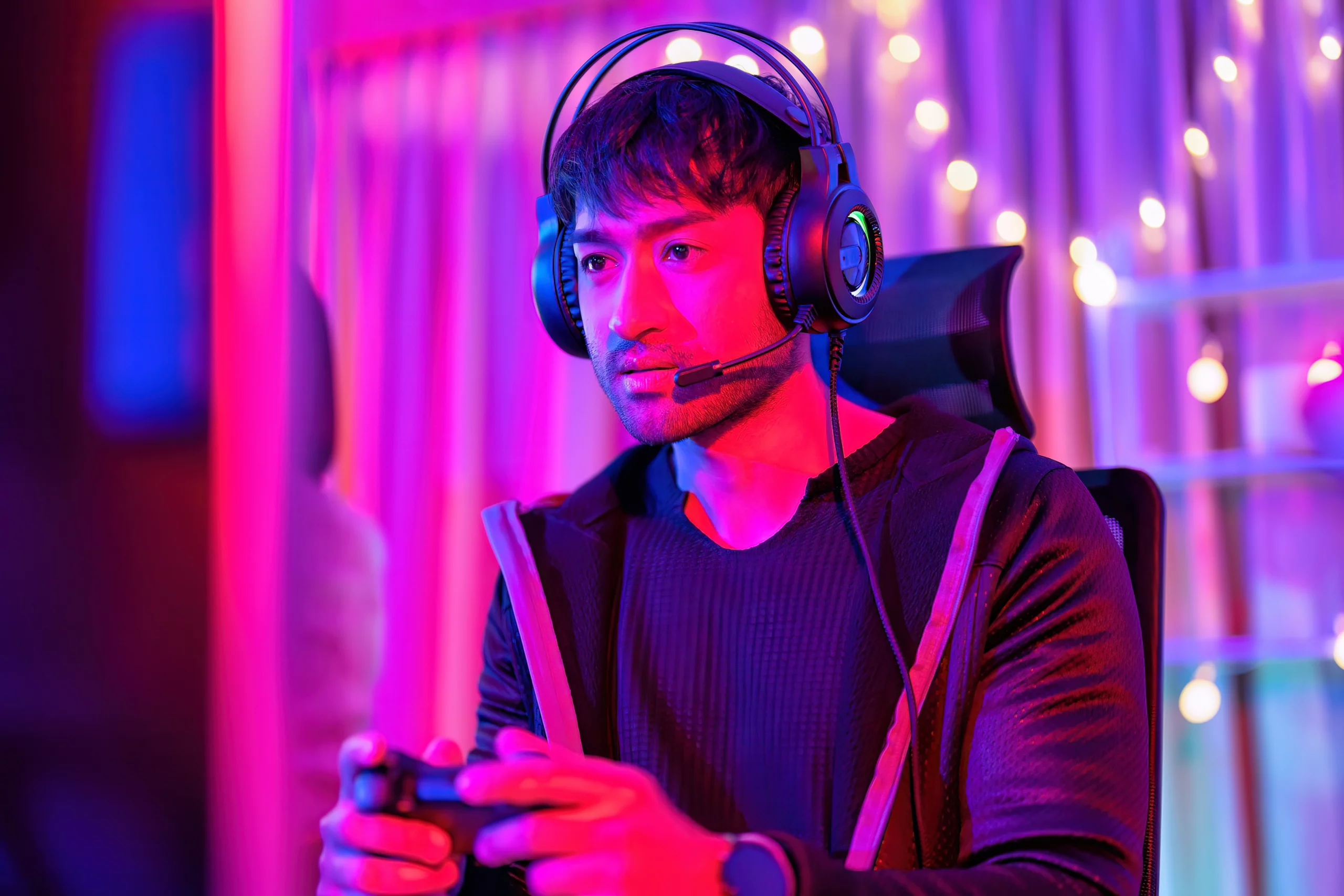In the fast-evolving digital entertainment landscape, video games remain a popular leisure activity, drawing millions into increasingly sophisticated and realistic gaming environments.
While gaming offers many an escape and source of joy, recent research published in Nature sheds light on a darker aspect of being a hardcore gamer—the potential for significant physical health issues stemming from prolonged video gaming sessions.
Previous studies have largely focused on how excessive gaming affects behavior and mental health. In 2022, the World Health Organization (WHO) recognized “gaming disorder” in its International Classification of Diseases (ICD-11). The WHO describes gaming disorder as a behavior pattern in which people cannot control their gaming, prioritize it over everything else, and let it interfere with their daily activities and interests.
However, research on the impact of excessive gaming on physical health has been scarce. A group of Australian researchers conducted a study investigating the physical health repercussions of long gaming sessions to address this need for more information.
The comprehensive study, conducted as part of the 2022 International Gaming Study (IGS22), revealed a concerning link between extended video game play and various physical health problems.
Researchers surveyed 955 individuals aged 18 to 94 who identified as gamers and found a striking correlation between long gaming sessions and increased reports of physical ailments such as eye fatigue, neck and back pain, and wrist and hand discomfort.
The research, employing a cross-sectional survey method, highlighted that playing video games for three or more hours in a single session can double the likelihood of experiencing these negative physical symptoms.
Of study participants, 80% played games daily, with 27.5% indicating they played for three or more hours per session. Using the Internet Gaming Disorder Test-10 (IGDT-10) to evaluate the possibility of gaming disorders, researchers found that 17.9% of participants qualified for having a “gaming disorder,” as defined by the WHO.
21.7% of respondents said they aspired to become professional video gamers. Researchers found a moderate correlation between aspiring professional gamers and symptoms of gaming disorder.
The most common physical complaint was back or neck pain, reported by 52.1% of study participants. Eye fatigue came in second, with 46.1% of participants mentioning it, and hand or wrist pain was a close third, experienced by 45.4% of the participants.
Intriguingly, researchers found this trend of physical health issues persisted across all demographics, including different age groups and genders, as well as among casual and aspiring professional gamers.
These findings suggest that the adverse physical effects of gaming are not isolated to a specific demographic or type of gamer. Instead, they are a broad concern that affects a wide range of individuals who engage in extended gaming sessions. This challenges the stereotype that gaming-related health issues are limited to young men or professional gamers.
That said, individuals who fit the criteria for internet gaming disorder were found to be at a much higher risk and four times more likely to encounter physical health issues than those without the disorder.
These findings are particularly timely, given the exponential growth of the video gaming industry and the diversification of its consumer base. According to a 2023 market report, the COVID-19 pandemic had an “unprecedented and staggering” impact on the global video game market, with the industry expected to reach a market size of over $307.9 billion by 2029.
Aside from the obvious concerns related to “gaming disorder,” recent research has also challenged many widely accepted ideas about the harmful effects of video games on mental health.
A 2022 study featured in Nature discovered that playing video games improved children’s general intelligence. Similarly, research conducted by the University of Exeter, Truro, and Penwith College revealed that playing the video game Red Dead Redemption 2 boosted players’ knowledge of North American wildlife.
Dispelling another widely held myth, a recent study by Viennese neuroscientists found that playing violent video games did not numb users to real-world violence or lead to an increased lack of empathy.
Rather than focusing solely on video games’ psychological or behavioral impact, this current research suggests a pressing need for public health strategies to promote better gaming habits related to physical health.
This includes raising awareness about the potential physical consequences of prolonged gaming and encouraging the adoption of measures to mitigate these risks, such as taking regular breaks and maintaining good posture.
Moreover, the study suggests that public health interventions should not only focus on reducing the duration of gaming sessions but also on educating gamers about the importance of ergonomic practices and self-care to prevent long-term health issues. This is especially pertinent because many gamers may not be aware of the risks associated with their hobby.
In their concluding remarks, the study authors underscored the importance of raising awareness about the physical health risks associated with prolonged video game play.
“As the number of people engaging in video gaming increases across the world, interventions for healthy gaming habits to prevent negative physical impacts are warranted,” the authors wrote. “Our findings underscore the importance of raising awareness about the potential physical consequences and implementing measures to prevent negative symptoms, strain, and injuries associated with prolonged gaming.”
Tim McMillan is a retired law enforcement executive, investigative reporter and co-founder of The Debrief. His writing typically focuses on defense, national security, the Intelligence Community and topics related to psychology. You can follow Tim on Twitter: @LtTimMcMillan. Tim can be reached by email: tim@thedebrief.org or through encrypted email: LtTimMcMillan@protonmail.com

